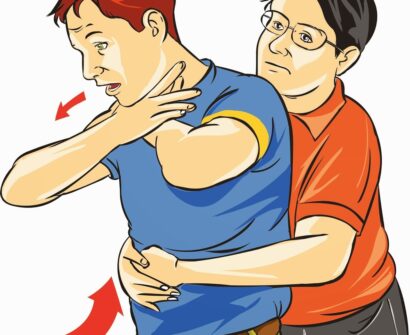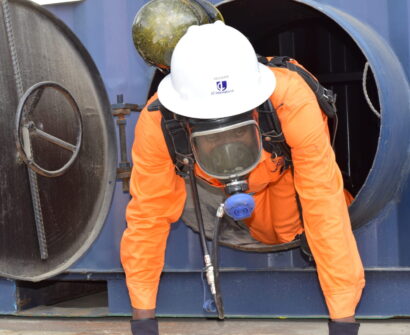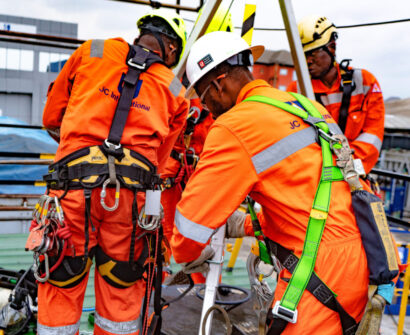
In any industrial or commercial environment, managing hazardous substances is crucial for ensuring the safety and well-being of employees. The Control of Substances Hazardous to Health (COSHH) regulations are designed to protect workers from the risks associated with hazardous substances, but understanding how COSHH contributes to accident prevention and health issues can be a game-changer for your business.
Understanding COSHH (Control of Substances Hazardous to Health)
COSHH is a set of regulations aimed at controlling the risks associated with hazardous substances in the workplace. These substances can include chemicals, biological agents, and even certain types of dust. COSHH requires employers to assess and manage the risks posed by these substances to prevent harm to employees.
Key Aspects of COSHH in Preventing Workplace Accidents
- Risk Assessment: One of the fundamental elements of COSHH is conducting a thorough risk assessment. This involves identifying the hazardous substances used or present in the workplace, assessing their potential risks, and implementing measures to control these risks. By understanding what substances are present and their potential effects, businesses can proactively address potential hazards before they result in accidents.
- Control Measures: COSHH regulations mandate the implementation of control measures to minimize the risk of exposure. This includes providing appropriate personal protective equipment (PPE), ensuring proper ventilation, and using safer alternatives when possible. Effective control measures help prevent accidental exposure to harmful substances, reducing the likelihood of both acute and chronic health issues.
- Training and Awareness: Training employees on COSHH procedures is essential. Workers need to be aware of the hazards they might encounter, how to handle hazardous substances safely, and what to do in case of an emergency. Well-informed employees are less likely to make errors that could lead to accidents or health issues, creating a safer working environment. JC International offers training in COSHH.
- Emergency Procedures: COSHH regulations also require businesses to have clear emergency procedures in place. This includes having spill response plans, first aid measures, and emergency contact information readily available. In the event of an incident involving hazardous substances, having a well-defined response plan can mitigate the impact and prevent further complications.
- Regular Monitoring and Review: COSHH compliance is not a one-time task but an ongoing process. Regular monitoring and review of control measures and risk assessments ensure that they remain effective and up-to-date. This ongoing vigilance helps catch any emerging risks or changes in working conditions that could lead to accidents or health issues.
Health Issue Prevention
Beyond preventing accidents, COSHH Training plays a significant role in safeguarding long-term health. Exposure to hazardous substances can lead to serious health issues such as respiratory conditions, skin diseases, and even cancer. By implementing COSHH regulations effectively, employers can reduce the risk of such health problems and ensure a healthier workplace.
Incorporating COSHH regulations into your workplace practices is more than just a legal requirement; it’s a crucial step in preventing accidents and protecting employee health. By conducting thorough risk assessments, implementing robust control measures, providing comprehensive training, establishing emergency procedures, and maintaining regular reviews, you can create a safer work environment and significantly reduce the risk of accidents and health issues related to hazardous substances.
At JC International, we offer specialized COSHH training designed to help businesses meet regulatory requirements and improve workplace safety. Reach out today to learn more about how we can support your COSHH compliance journey and safeguard your workforce.




